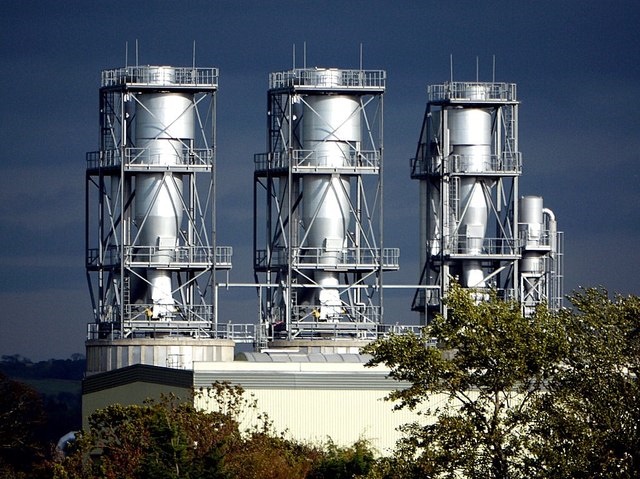5 Ways to make Your Manufacturing Plant More Eco-Friendly
We’re in the process of poisoning our planet. Luckily, people are becoming aware of this, which is the very reason behind the term ‘ecological awareness’. Plants and factories, however, have a bad reputation in this department, because they really are one of the main culprits for global pollution. Fortunately, the manufacturing process is slowly becoming eco-friendly and if you want to make your own plant as green as possible, you can start with these five tips.

1. Know Your Facility
The first step towards “greening” your manufacturing plant is finding out how much energy it is actually using. The final goal here is, of course, reducing the overall usage. You are probably aware of some rough estimates with regards to how big a number is in question and, without a doubt, you know exactly which pieces of technology are the main culprits; we’re talking boilers, heaters, conveyor belts, electric motors, air compressors, chillers and the like. Without a proper energy audit, however, you’re going to miss out on key data, which, if presented before you, will fill you in on the exact items and processes that need to be closely monitored and probably tweaked or replaced.
2. Renewable Energy
For some reason, factory owners don’t hold renewable energy in highest regard, probably because the whole thing sounds too good to be true and owing to the fact that plants do need a ton of electricity. Renewable energy, however, is very misunderstood; in fact, you are probably underestimating the power of nature. For example, while all of us know all about solar power, wind, heat and even rain can also be used to generate enough energy to keep things functioning. Using a combination of at least two of the mentioned means of powering up your plant is the way to go – count on the fact that one element will experience downtime caused by nature.
3. Use Recycled Materials
Sure, everyone is worried about the environment, but factory owners tend to worry even more about their business. This is exactly why many still don’t use recycled materials – for some reason, they think that this will affect their end product’s quality. Well, this simply is not true. Don’t be reluctant about implementing recycled materials and make sure that you get your raw materials from a trusted vendor that makes them by recycling old items.
4. Water
As time goes by, the technology around us is evolving into “green”. Unfortunately, many simply choose to take this for granted and unreasonably consider any energy-reducing piece of equipment an unworthy investment. It is important that you realize that a ton of equipment in your factory uses way more energy than it really needs. Our advice is to start with water – regardless of what branch your manufacturing business is in, it relies on our planet’s most important liquid for a huge number of uses – from cleaning and production purposes to building and plant room infrastructure processes, water is simply everywhere. This is why equipping your plant with industrial UV water treatment systems is so important – they can be implemented into any water application that requires disinfection. By installing UV disinfection system, your plant can recycle and reuse industrial waste waters, thus reducing water usage and costs associated with wastewater discharge.
5. Connect
Looking for likeminded manufacturing businesses (in terms of environmental consciousness) is very useful and even more important, and this is why you need to connect – fighting against the tide of nature-poisoning businesses is best done as a part of a movement. Connect and look for inspiration – IKEA is the leader in the field of using sustainable forestry and clean energy, so look up to them!
Preserving our environment from impact of its biggest pollutant is of absolute essence and it is you, as a manufacturing plant owner, who can make a difference. Use these five ways to make your factory as eco-friendly as possible and don’t forget to follow the latest green trends!



0 Comments
Recommended Comments
There are no comments to display.